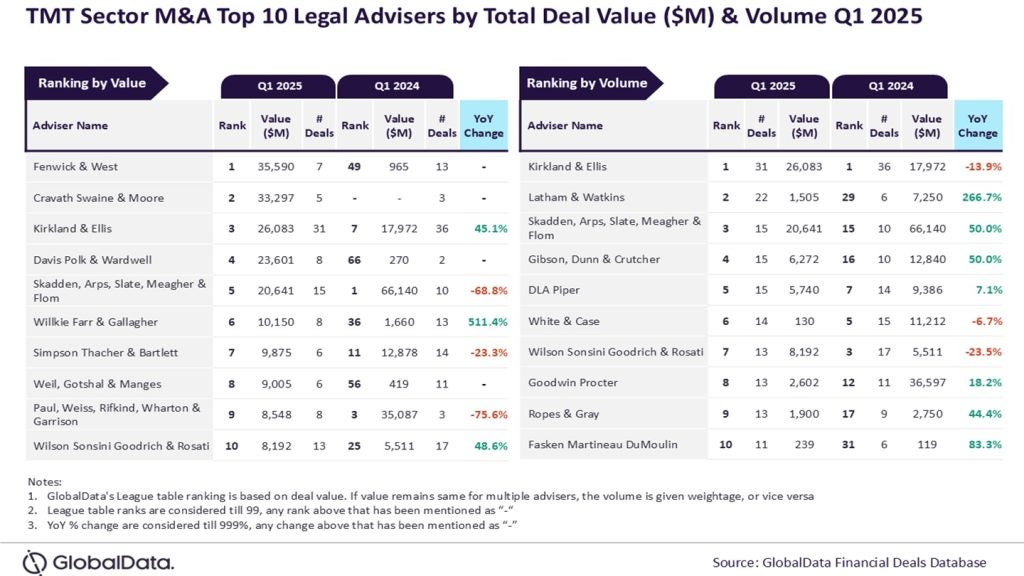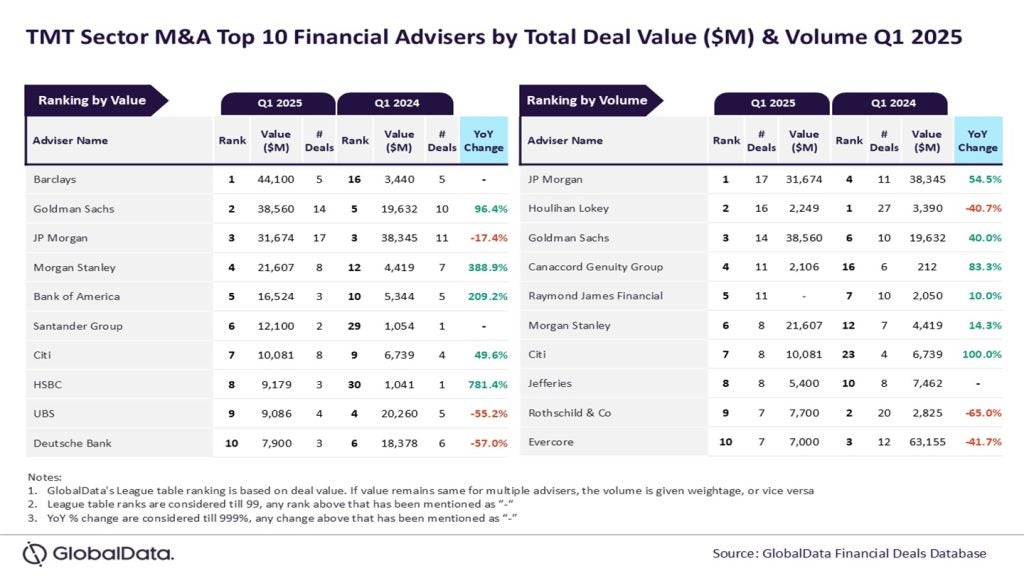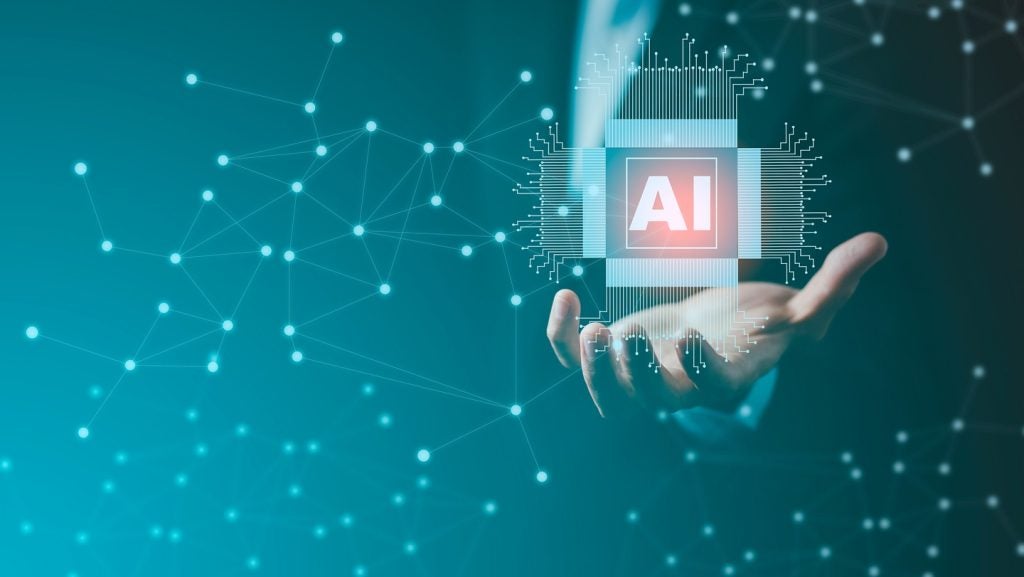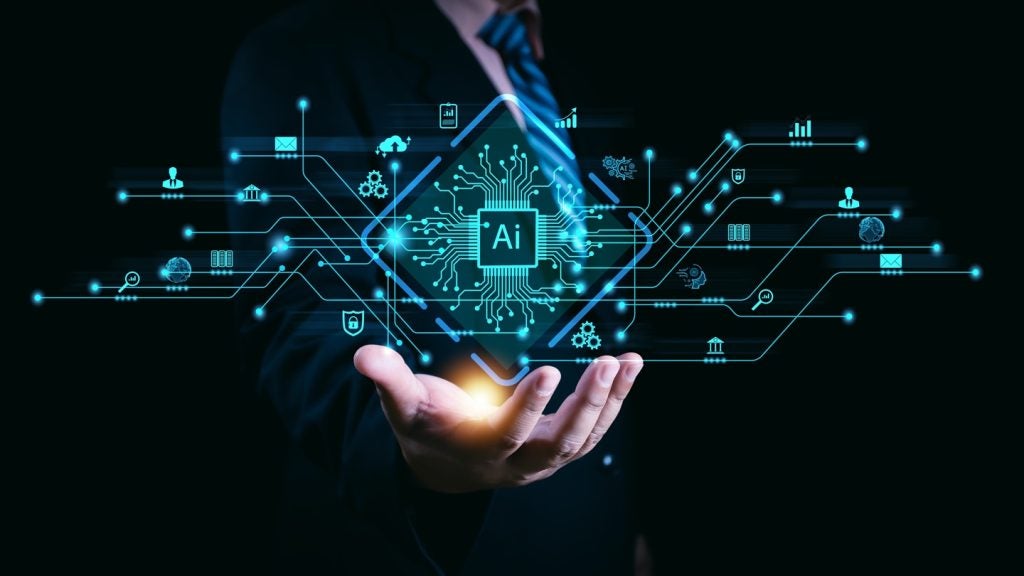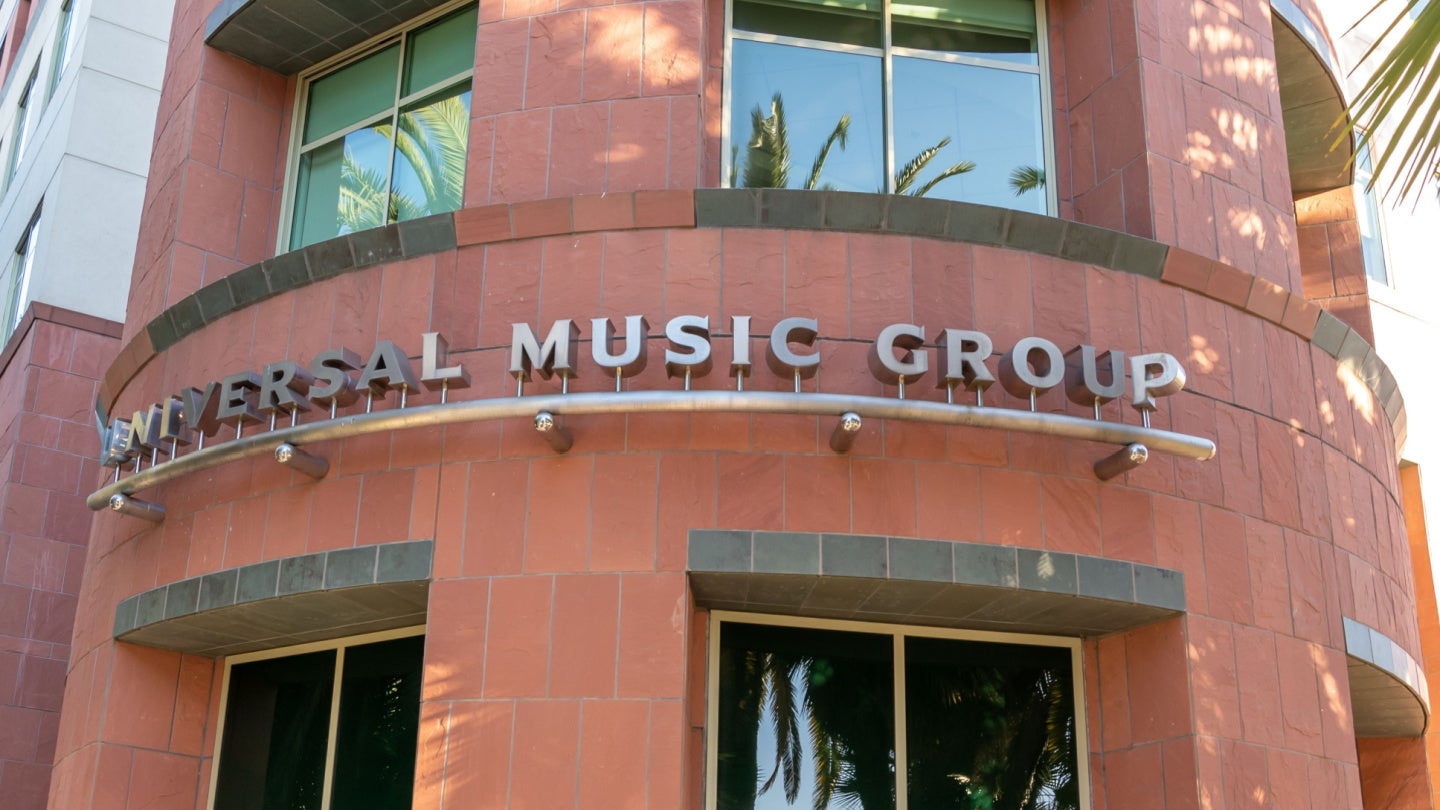
Google and Universal Music Studios are in talks to license artists’ voices for AI generated music, the Financial Times reports.
Four people familiar with the talks have revealed that it is an effort to monetise AI instead rejecting the technology’s potential impact on music.
The potential partnership could create a tool that would allow artists to claim royalties from songs generated by AI but would also give the artists the ability to opt out.
“Deepfake” songs have already been ubiquitous on the internet, and a recent study found that people were only able to detect AI generated voices with an accuracy rate of 73%.
In April this year pop musician Grimes invited people to create AI generated songs with her voice.
Despite being open to being a “guinea pig” for deepfake music, even shortly after this announcement Grimes clarified that she would only carry out copyright takedowns for “toxic lyrics” that could be deemed offensive.
Universal Music Studios have previously petitioned to remove an AI generated song from TikTok, YouTube and Spotify that featured vocals trained to sound like Drake. Originally, the studios stated that the song was in violation of copyright law.
Determining the legality of AI generated content has stirred up controversy for countries like Japan, who have previously stated that copyright would not be protected from use in AI training.
This leaves a grey area for artists whose likeness may be used and monetised without their consent.
Speaking to US lawmakers last month, Universal Music’s general counsel Jeffrey Harleston explained why many artists would not want their voices generated.
“An artist’s voice is often the most valuable part of their livelihood and public persona,” Harleston explained, “and to steal it, no matter the means, is wrong.”
Jensen Huang has recently likened the discovery of generative AI as a “big bang” for the Artificial Intelligence industry.
In the last six months, GlobalData has recorded that AI has been discussed in over 4.2k posts on social media sites and appeared in 5.5k news items.
As AI generated content becomes increasingly harder to regulate or even recognise, Universal’s decision to create a legitimate means for artists to track where their voices end up could be a practical means of tracking copyright.



